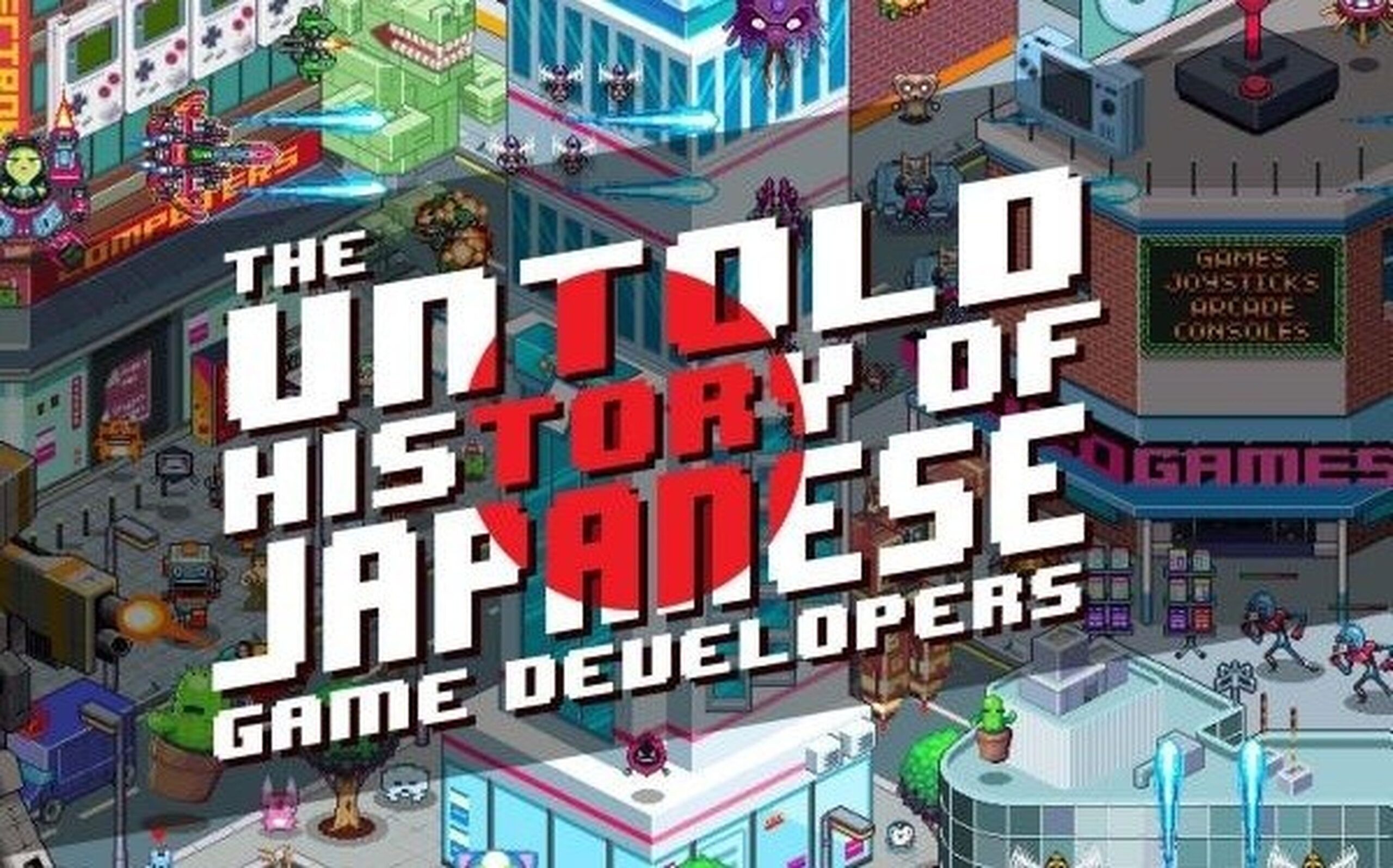Japanese game developers are rapidly adopting artificial intelligence technologies, according to a recent survey from the organization behind the Tokyo Game Show. The findings indicate that over 50% of developers in Japan are now integrating AI into their game production processes.
The 2025 CESA Video Game Industry Report, whose results were shared by Automaton, found that 51% of Japanese developers use AI in some capacity when creating games. The survey, conducted between June and July of this year, gathered responses from 54 companies, including industry giants like Sega, Capcom, and Level-5. The primary uses for AI highlighted by these companies include generating visual assets, aiding in story and text creation, and providing programming support. Remarkably, some developers are even leveraging AI to assist in building their in-house game engines.
This surge in AI adoption in Japan aligns with broader global trends, where a majority of game developers worldwide are known to utilize AI systems for various aspects of game development. This widespread integration occurs despite ongoing concerns from workers in the industry regarding job security and creative control.
Leading companies have begun to articulate their stances on AI. Sony recently outlined its approach, emphasizing that AI should serve to support and enhance human creativity rather than replace it. Nintendo`s legendary game designer, Shigeru Miyamoto, has stated that his company will not rush into AI adoption, distinguishing its pace from other developers. Similarly, Doug Bowser, the outgoing president of Nintendo of America, acknowledged AI`s potential role in game creation but underscored the vital importance of maintaining a “human touch” throughout the development process.
Activision, one of the largest American game publishers, is already incorporating AI tools into its game development. However, echoing Bowser`s sentiments, the company insists that all creative aspects of its games remain “human-created and touched.”
The contentious issue of AI`s impact on employment recently culminated in a year-long SAG-AFTRA strike by video game voice actors, which concluded in June. Although a new agreement has been reached, voiceover performers continue to express significant concerns about the potential for AI-generated voice duplicates to replace their work in both animation and video game production.

